Manmohan Singh: The Economist Who Reshaped India
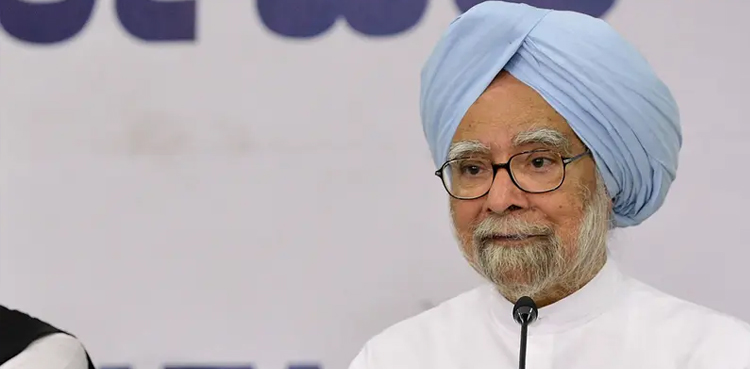
Manmohan Singh
Dr. Manmohan Singh, often referred to as the “architect of India’s economic liberalization,” is a name etched in the annals of Indian history for his unparalleled contributions to the nation’s economic and political landscape. A man of quiet demeanor and immense intellect, he served as the 13th Prime Minister of India from 2004 to 2014, leaving behind a legacy of transformative policies and measured leadership.
Early Life, Education, and Family Background of Manmohan Singh
Born on September 26, 1932, in Gah (now in Pakistan), Manmohan Singh’s early life was marked by perseverance and academic brilliance. After the partition, his family migrated to India, and Singh pursued his education with unwavering dedication.
He earned his Bachelor’s and Master’s degrees in Economics from Punjab University, followed by an Economics Tripos at the University of Cambridge. Later, he obtained his DPhil in Economics from the University of Oxford, where his thesis on “India’s Export Trends and Prospects for Self-Sustained Growth” became a landmark study in understanding the Indian economy.
Dr. Singh was born into a modest Punjabi Sikh family. His father, Gurmukh Singh, was a simple trader, and his mother, Amrit Kaur, passed away when he was very young. Despite facing hardships, Singh’s family emphasized the importance of education, which became the cornerstone of his illustrious career.
Rise in Indian Politics Manmohan Singh: The Economist Who Reshaped India
Before entering politics, Singh built a stellar career as an economist. He served as the Chief Economic Advisor to the Government of India, Governor of the Reserve Bank of India, and Deputy Chairman of the Planning Commission. His expertise was widely recognized, and he played a pivotal role in shaping India’s economic policies during the 1970s and 1980s.
Singh’s political career took a significant turn when he was appointed as the Finance Minister of India in 1991, during a time of severe economic crisis. India faced a balance-of-payments crisis, with foreign exchange reserves barely sufficient to cover three weeks of imports.
The 1991 Economic Liberalization Manmohan Singh: The Economist Who Reshaped India
As Finance Minister under Prime Minister P.V. Narasimha Rao, Singh spearheaded economic reforms that opened up India’s economy to the global market. These reforms included:
- Liberalization: Removal of license raj, reducing bureaucratic hurdles for businesses.
- Privatization: Divesting government stakes in public sector enterprises.
- Globalization: Encouraging foreign investment and reducing import tariffs.
These measures pulled India back from the brink of economic collapse and laid the foundation for sustained growth. The reforms not only stabilized the economy but also accelerated India’s integration into the global economy, turning it into one of the fastest-growing economies in the world.
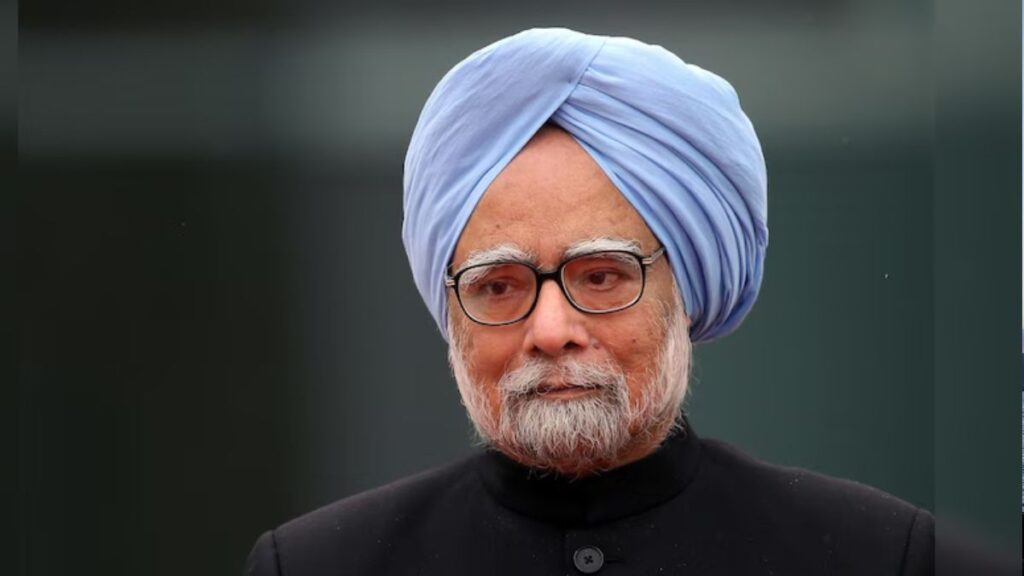
Prime Ministerial Tenure (2004-2014)
Manmohan Singh became India’s Prime Minister in 2004, leading the United Progressive Alliance (UPA) government. His tenure was marked by several notable achievements:
- Economic Growth: India witnessed an average GDP growth rate of 7-8% during his tenure, lifting millions out of poverty.
- Nuclear Deal: The India-US Civil Nuclear Agreement was a landmark in India’s energy and strategic sectors.
- Social Welfare Programs: Initiatives like the National Rural Employment Guarantee Act (NREGA) and the Right to Education Act highlighted his focus on inclusive growth.
- Financial Inclusion: Policies to expand banking access and improve rural credit marked significant progress in financial inclusion.
Despite his numerous achievements, Singh’s tenure faced criticism for policy paralysis and corruption scandals, which overshadowed some of his successes.
The Gentleman Leader
Known for his humility, integrity, and academic approach to governance, Singh’s leadership style was often understated but effective. He believed in consensus-building and let his work speak for itself. His iconic quote, “History will be kinder to me than the contemporary media,” encapsulates his unwavering commitment to the nation’s progress despite criticism.
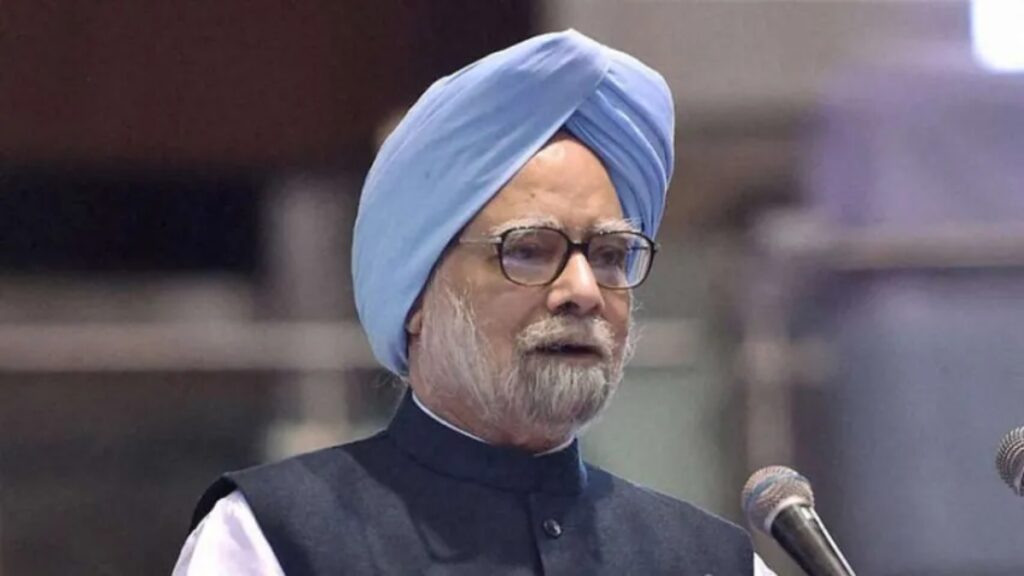
Legacy and Impact
Dr. Manmohan Singh’s contributions go beyond his tenure as Prime Minister. He transformed India’s economic trajectory, proving that intellect and determination could overcome the most daunting challenges. Today, his reforms are credited with making India a global economic powerhouse.
Even after stepping down from active politics, Singh remains a respected figure, often sought after for his insights on economic and governance issues. His life and work continue to inspire leaders and economists worldwide.
Manmohan Singh age
September 26, 1932 – December 26, 2024 (92 Year)
Manmohan Singh death
He passed away at the age of 92
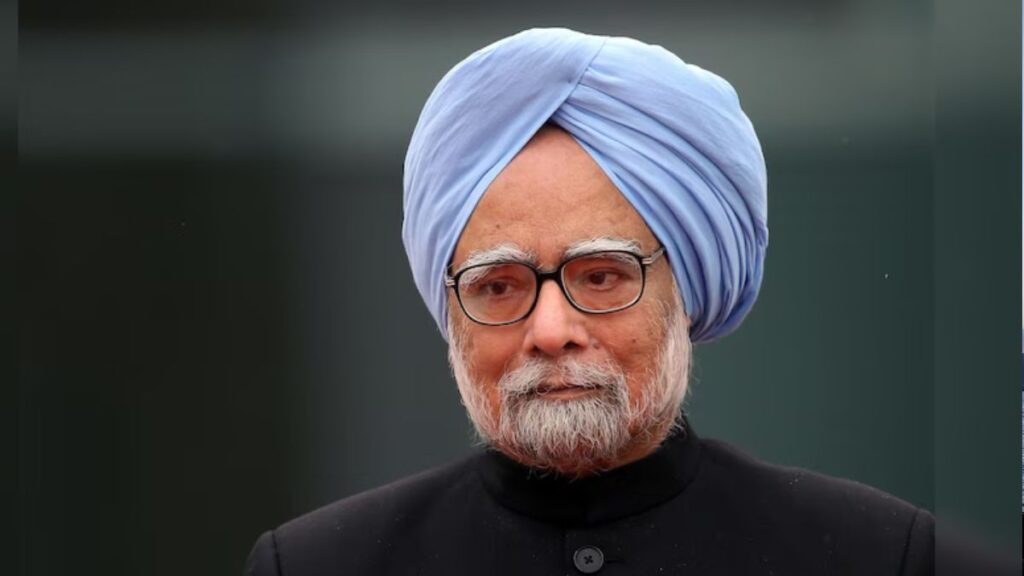
for more articles you can visit Stationvidya.com
you can also check this https://stationvidya.com/write-a-factual-description-in-not-more-than-100-words-of-a-mobile-phone-for-class-10/
Follow us on Facebook: http://stationvidya ,
Instagram: http://stationvidya,
Pinterest, threads and
You tube: http://@stationvidya .
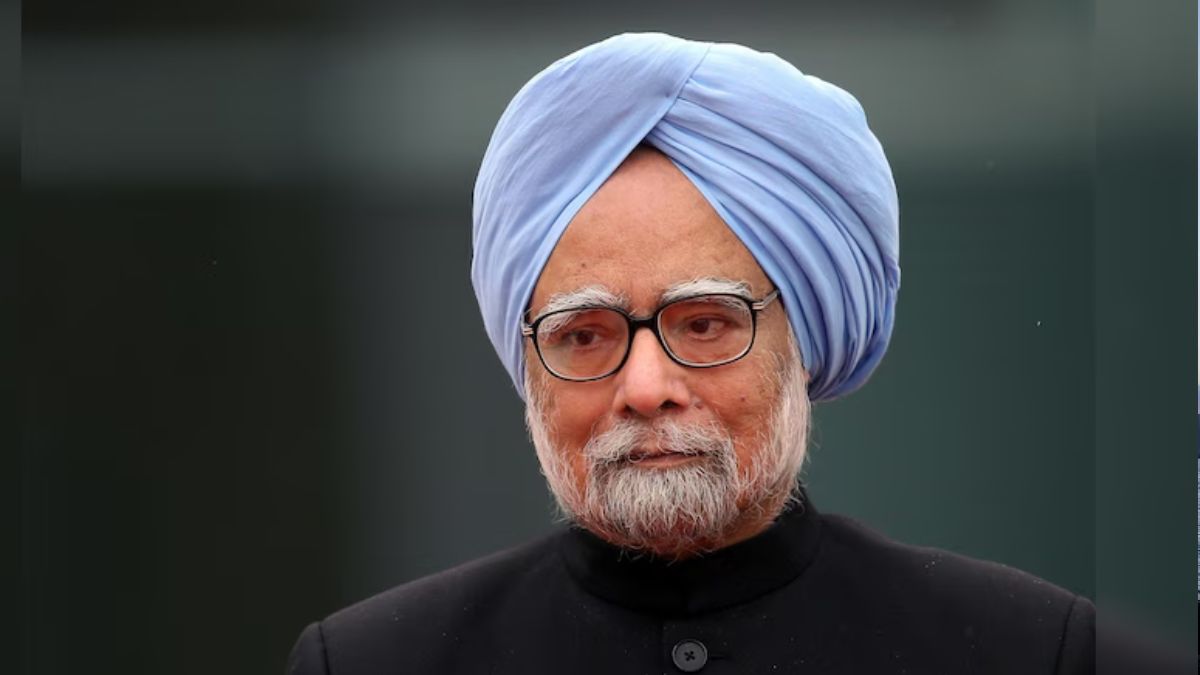
Leave a Reply